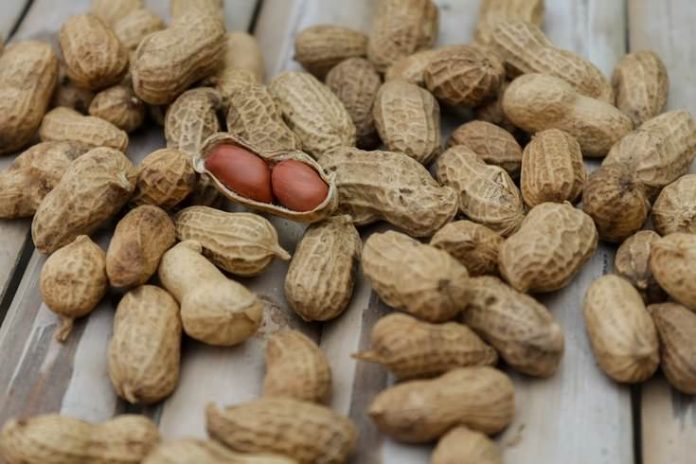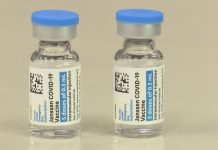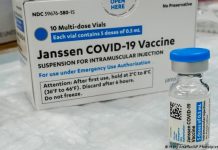An analysis published in the Journal of Allergy and Clinical Immunology: In Practice concluded that oral immunotherapy appears safe for preschool-aged children with peanut allergies. This was the first study to demonstrate the safety of peanut oral immunotherapy among preschool-aged children when administered as routine therapy in a hospital or clinic instead of a clinical trial setting.
Oral immunotherapy treatment consists of a patient consuming small amounts of an allergenic food with gradual dose increases up to a determined maximum amount. The goal of this treatment protocol is to reach desensitization where a patient can consume more of the allergenic food without experiencing a dangerous reaction.
Researchers from the University of British Columbia and BC Children’s Hospital evaluated 270 pediatric patients (aged 9 months to 5 years) who were administered oral immunotherapy for their peanut allergy from April 2017 to November 2018. The children visited a pediatric allergist in a community or hospital clinic setting biweekly where they were given a peanut dose; the dose was gradually increased at every visit. At home and in between clinic visits, parents also administered the same daily dose until reaching a maintenance dose of 300mg peanut protein over 8-11 clinic visits.
The real-world analysis showed 90% of children (243/270) achieved the maintenance stage after an average duration of 22 weeks. Ten percent of patients (27/270) withdrew from the study due to repeated allergic reactions, refusal to consume the daily dose, or parental anxiety. At least 1 allergic reaction was observed in 67.8% of patients during the build-up phase but the majority of these reactions were mild (36.3%) or moderate (31.1%) in severity. A severe reaction (Grade 4) was seen in 0.4% of patients and 11 children required epinephrine.
“[…] there has been a lack of real-world data due to safety concerns of offering this treatment to preschoolers outside of a research setting,” said Lianne Soller, the study’s lead author and allergy research manager at BC Children’s Hospital. “But our findings confirm in a real-world setting that this treatment is not only safe but is well-tolerated in a large group of preschool-aged children.”
“We were impressed that among over 40,000 doses of peanut that were administered, only 12 resulted in reactions requiring epinephrine,” stated the study’s senior author, Dr Edmond Chan, head of the division of allergy and immunology at the University of British Columbia and a clinical investigator at the BC Children’s Hospital.













